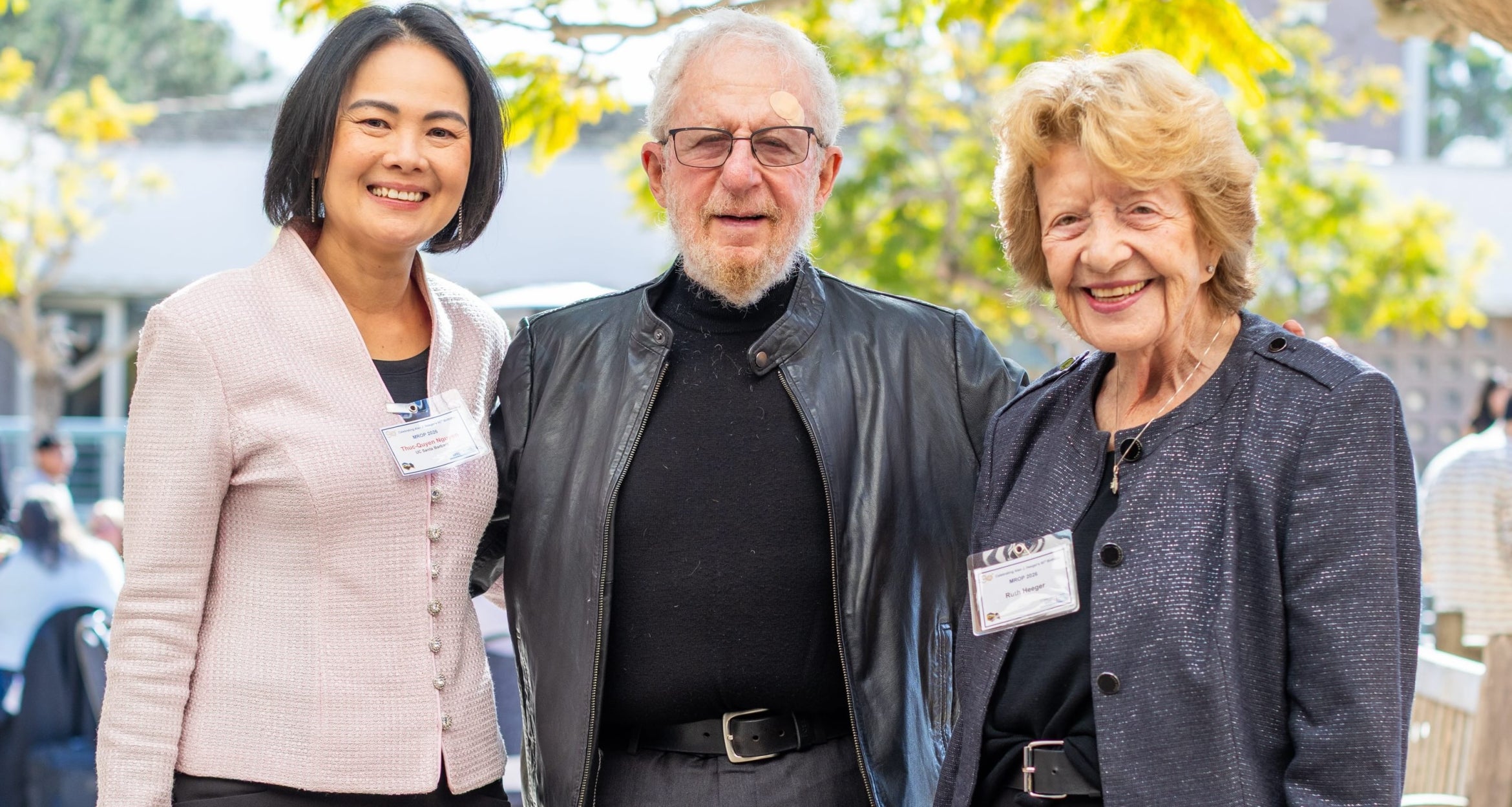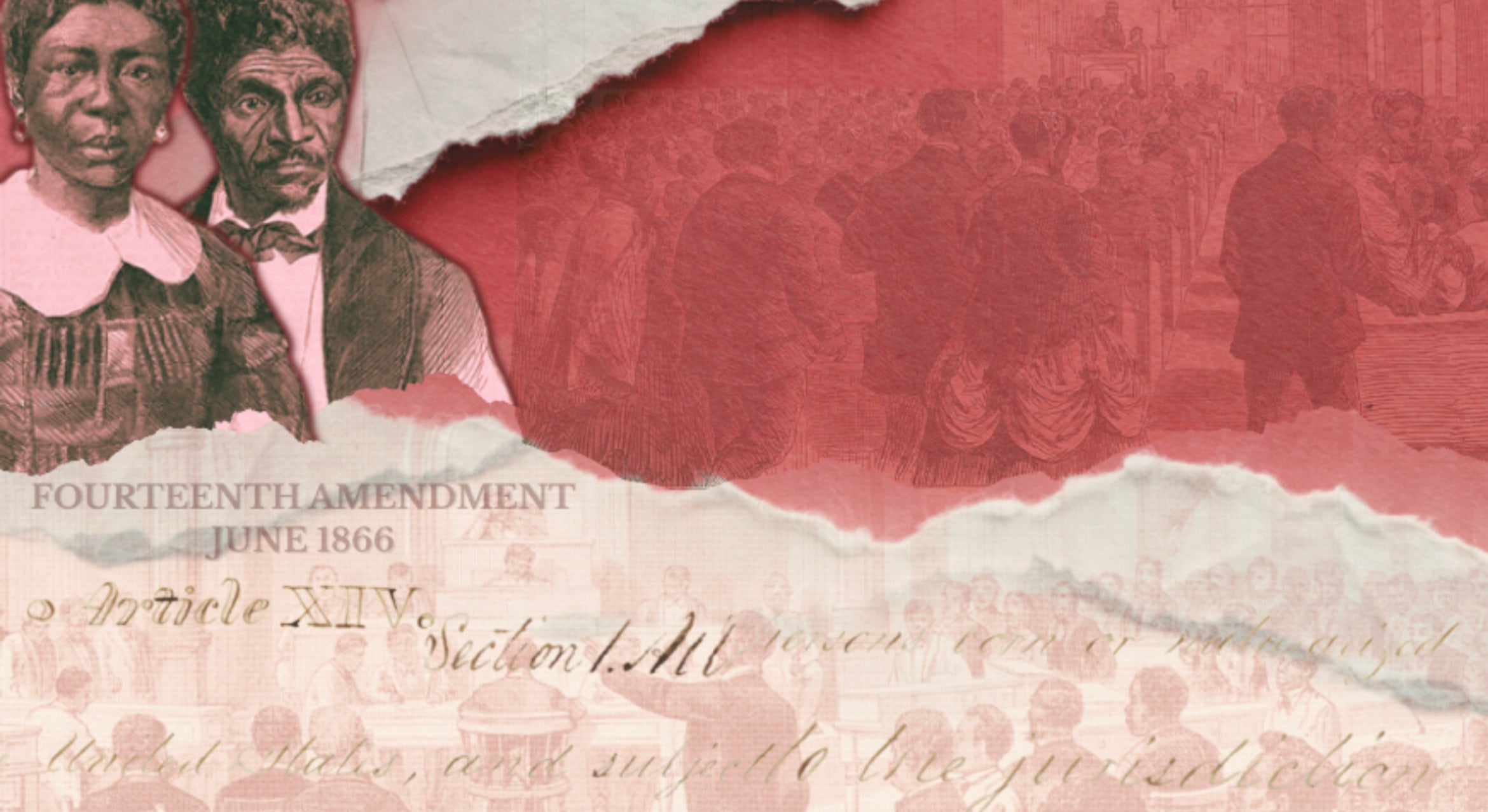Herbert Kroemer, 2000 Nobel Prize winner in physics, has done it again.
Kroemer, a UCSB professor of materials, and of electrical and computer engineering, has been awarded with the 2002 Medal of Honor by the Institute of Electrical and Electronics Engineers (IEEE) "for contributions to high-frequency transistors and hot-electron devices, especially heterostructure devices from heterostructure bipolar transistors to lasers, and their molecular beam epitaxy technology."
According to its website, "the IEEE ('eye-triple-E') helps advance global prosperity by promoting the engineering process of creating, developing, integrating, sharing, and applying knowledge about electrical and information technologies and sciences for the benefit of humanity and the profession." The IEEE was founded in 1884.
The Medal of Honor, established in 1917, is the IEEE's highest award and its first to recognize distinguished service in the then fledging art of radio communications. The Medal of Honor is awarded for an exceptional contribution or an extraordinary career in any of the IEEE's fields of interest. The award is presented as a gold medal and includes an encased bronze replica, a certificate, and a cash prize.
Kroemer, 73, arrived at UCSB in 1976. He was awarded the Nobel for his research on semiconductor heterostructures used in high-speed and opto-electronics, which is the foundation technology used now in bar-code scanners, compact disc players, and other electronic devices.



